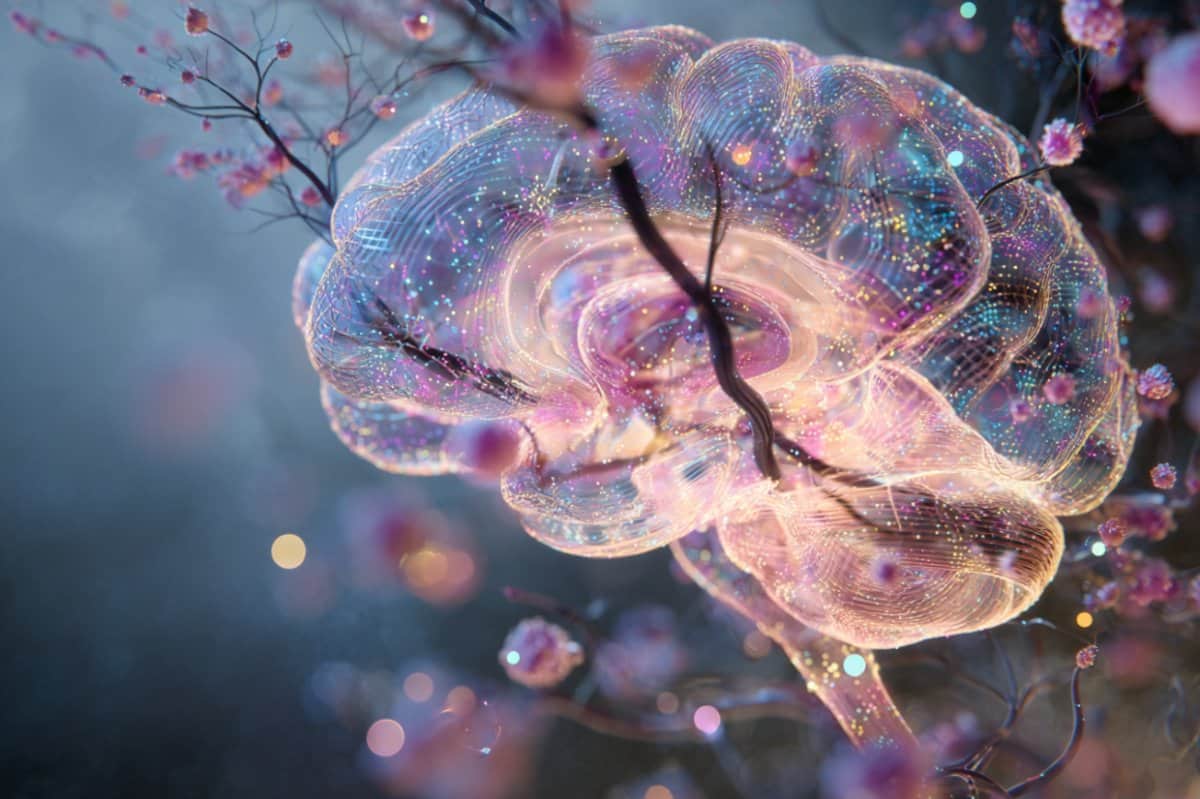Key Questions Answered:
Q: When do genes linked to mental illness start affecting the brain?
A: Many genes associated with neuropsychiatric and neurodegenerative diseases are active during the earliest stages of fetal brain development—far earlier than previously believed.
Q: How did researchers uncover this early genetic activity?
A: By simulating the effects of nearly 3,000 disease-related genes in fetal brain stem cells using human and mouse brain data and in vitro models, researchers identified when and where these genes impact brain-building processes.
Q: Why is this discovery important for treatment?
A: Understanding which genes act in specific cell types and developmental windows could lead to more precise, personalized therapies targeting the root of mental and neurodegenerative disorders.
Summary: A groundbreaking study has revealed that genes linked to mental and neurodegenerative disorders, such as autism, depression, and Parkinson’s, begin influencing brain development during the earliest fetal stages. These genes are already active in neural stem cells—the progenitors that form the brain—long before symptoms arise.
By combining human and mouse data with lab-grown cell models, researchers mapped how these genes behave across developmental stages and brain cell types. This opens new doors for early diagnosis, gene therapy, and targeted treatment of conditions once thought to develop later in life.
Key Facts:
- Early Origins: Key disease-related genes are active in fetal neural stem cells.
- Wide Disease Range: Genes linked to autism, schizophrenia, Alzheimer’s, and more show early activation.
- Therapeutic Potential: Findings may guide early interventions and gene-targeted treatments.
Source: IMIM
The origin of some neuropsychiatric diseases, such as autism, bipolar disorder, or depression, and certain neurodegenerative diseases, Alzheimer’s and Parkinson’s, can be found in very early stages of brain formation in the fetus.
That is, earlier than previously recognized, according to a study by the Hospital del Mar Research Institute and Yale University, published in Nature Communications.

The work focused “on searching for the origin of mental illnesses in the earliest stages of fetal development, especially in the brain stem cells”, explains Dr. Gabriel Santpere, Miguel Servet researcher and coordinator of the Neurogenomics Research Group at the Biomedical Informatics Research Program of the Hospital del Mar Research Institute, a joint group with Pompeu Fabra University.
To do this, they used a list of nearly 3,000 genes linked to neuropsychiatric diseases, neurodegenerative pathologies, and cortical malformations, and simulated the effect of their alteration on the cells involved in brain development.
The results indicate that many of these genes are already functional during the initial phases of fetal development in stem cells, the progenitors that build the brain, creating neurons and their supporting structures.
Achieving this was not easy. This moment of brain development is very difficult to study. For this reason, the researchers combined multiple data from human and mouse brains, as well as in vitro cellular models.
As Dr. Nicola Micali, associate researcher at Dr. Pasko Rakic’s lab at Yale University and co-leader of the research, points out, “scientists usually study the genes of mental illnesses in adults, but in this work we discovered that many of these genes already act during the early stages of fetal brain formation, and that their alterations can affect brain development and promote mental disorders later on”.
During the study, specific regulatory networks for each cell type involved in brain development were simulated to see how the activation or deactivation of the analyzed genes linked to various brain diseases affected progenitor cells in their different stages. This allowed them to observe the importance of each gene in the emergence of alterations that cause various diseases.
The list ranges from microcephaly and hydrocephaly to autism, depression, bipolar disorder, anorexia, or schizophrenia, and also includes Alzheimer’s and Parkinson’s.
In all these pathologies, genes involved in the earliest phases of brain development when neural stem cells are functional are found.
“We cover a wide spectrum of diseases that the brain can have and look at how the genes involved in these conditions behave in neural stem cells”, adds Xoel Mato-Blanco, researcher at the Hospital del Mar Research Institute.
At the same time, he points out that the work “identifies temporal windows and cell types where the action of these genes is most relevant, indicating when and where you should target the function of these genes”.
Having this information “is useful to understand the origin of diseases that affect the cerebral cortex, that is, how genetic alterations translate into these pathologies”, says Dr. Santpere.
Understanding these mechanisms and the role of each gene in each disease can help develop targeted therapies that act on them, opening opportunities for gene therapy and personalized treatments.
About this genetics, mental health, and neurodevelopment research news
Author: Marta Calsina
Source: IMIM
Contact: Marta Calsina – IMIM
Image: The image is credited to Neuroscience News
Original Research: Open access.
“Early developmental origins of cortical disorders modeled in human neural stem cells” by Gabriel Santpere et al. Nature Communications
Abtract
Early developmental origins of cortical disorders modeled in human neural stem cells
The implications of the early phases of human telencephalic development, involving neural stem cells (NSCs), in the etiology of cortical disorders remain elusive.
Here, we explore the expression dynamics of cortical and neuropsychiatric disorder-associated genes in datasets generated from human NSCs across telencephalic fate transitions in vitro and in vivo.
We identify risk genes expressed in brain organizers and sequential gene regulatory networks throughout corticogenesis, revealing disease-specific critical phases when NSCs may be more vulnerable to gene dysfunction and converging signaling across multiple diseases.
Further, we simulate the impact of risk transcription factor (TF) depletions on neural cell trajectories traversing human corticogenesis and observe a spatiotemporal-dependent effect for each perturbation.
Finally, single-cell transcriptomics of autism-affected patient-derived NSCs in vitro reveals recurrent expression alteration of TFs orchestrating brain patterning and NSC lineage commitment.
This work opens perspectives to explore human brain dysfunction at early phases of development.
Source link


